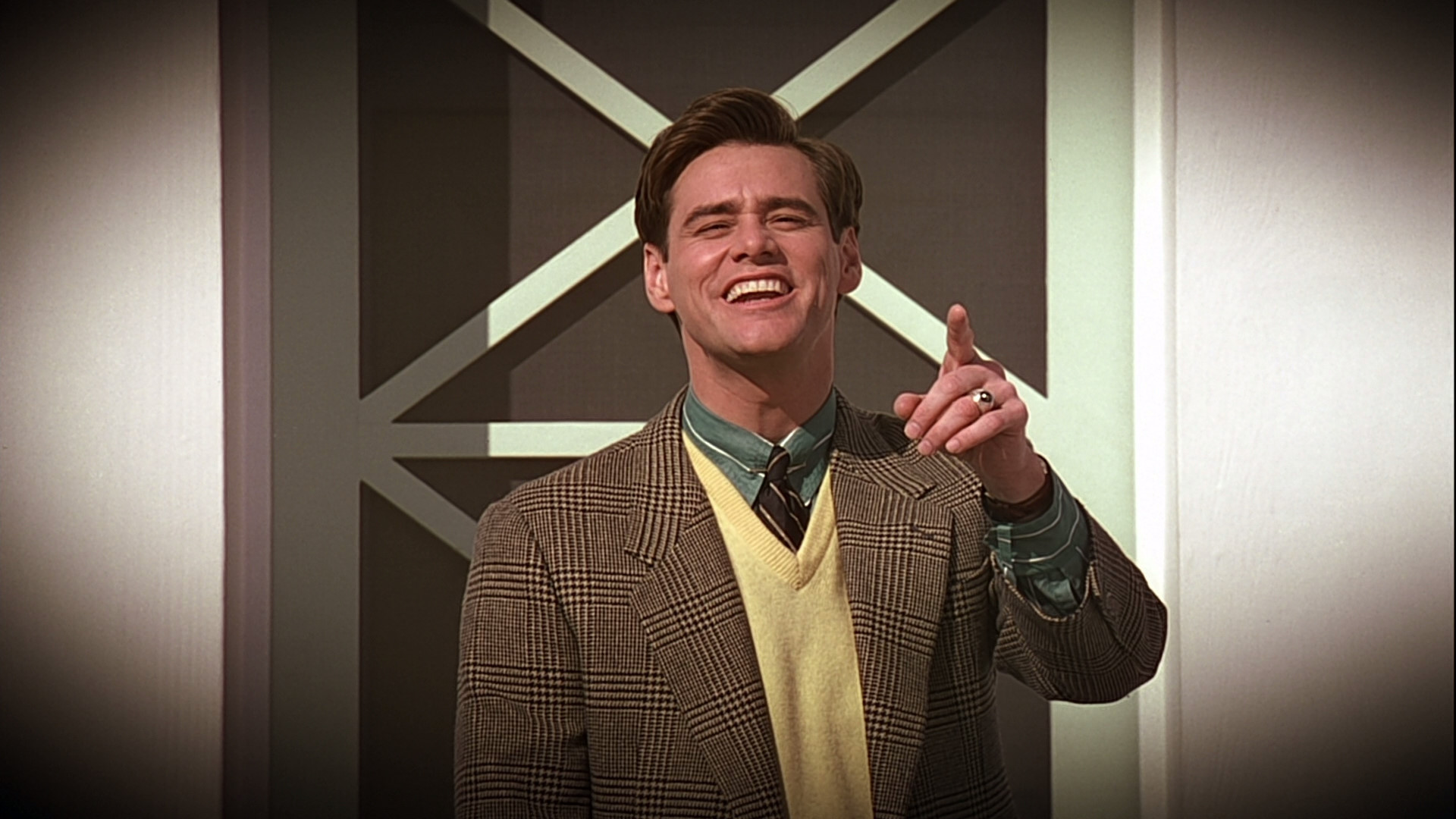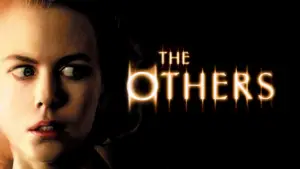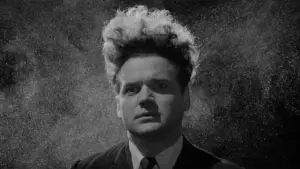Table of Contents
Introduction: Understanding the Illusions of The Truman Show
In the realm of film, few works have ventured into the depths of reality, identity, and the human psyche quite like The Truman Show. Released in 1998, this visionary film offers more than just an engaging narrative; it’s a profound exploration of the nature of existence and the illusions that shape our reality. By delving into the keyword, The Truman Show meaning, we can unlock layers of psychological and philosophical concepts that resonate with our daily lives.
As we journey through the film, we are prompted to question the boundaries between reality and fabrication. Tracing the struggles of Truman Burbank, the film challenges us to consider how much of our lives are orchestrated by external forces and how this manipulation impacts our understanding of freedom and authenticity. The intricate storytelling and careful construction of Truman’s world compel us to engage with our own perceptions and beliefs.
With these themes in mind, we embark on a quest to unravel the psychological illusions woven into The Truman Show, illuminating the myriad ways in which it reflects our own debates about reality, control, and identity.

The Human Condition: Free Will vs. Determinism in The Truman Show
The Illusion of Choice
In The Truman Show, the protagonist Truman Burbank lives in a constructed reality where every moment of his life is monitored and manipulated by a director, Christof. This raises intriguing questions about the nature of free will. Truman believes he possesses a sense of agency; he makes decisions, forms relationships, and navigates the complexities of his world. However, all these choices are orchestrated within the confines of the show, challenging the very notion of free will.
Throughout the film, we witness Truman’s gradual awakening as he begins to sense the artificiality of his environment. As viewers, we are prompted to consider the extent to which our own choices are influenced by external factors, such as societal norms, technological advancements, or even media representation. This allegorical interpretation of reality invites us to reflect on whether our lives are genuinely our own or merely scripts written by unseen hands. Each moment Truman believes he chooses is contrasted with the meticulously planned events of the show, exemplifying the struggle between autonomy and directive control—an eternal battle that resonates deeply within the human condition.
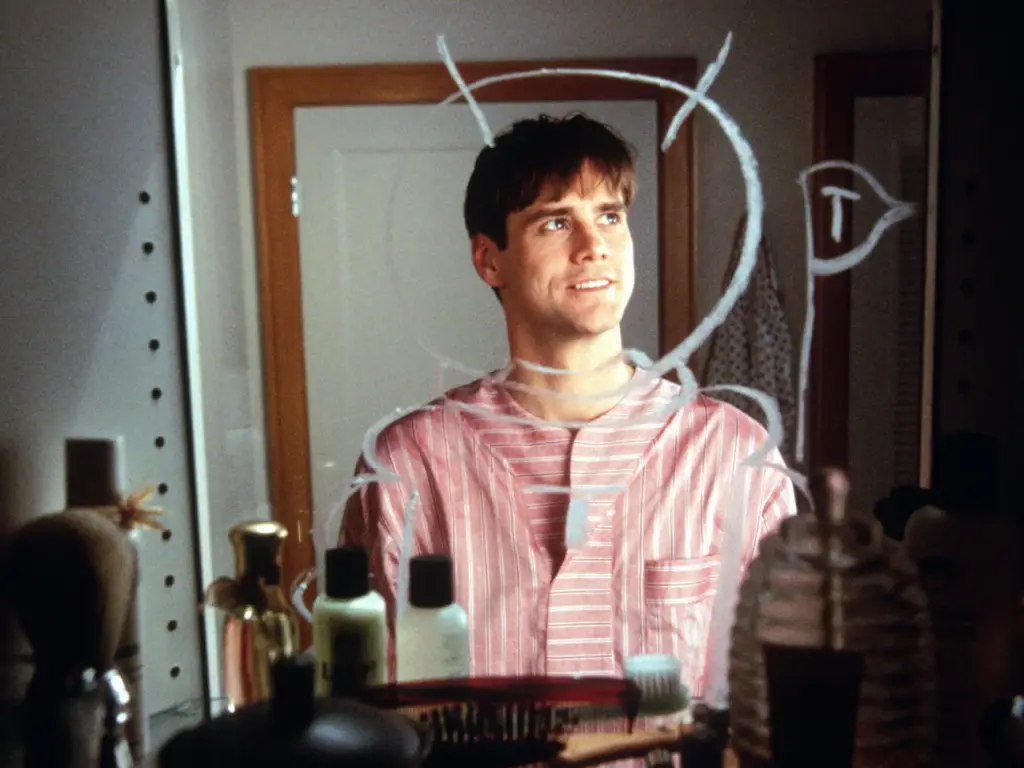
The Role of Environment
The environment in which Truman exists is crafted to guide his behavior, echoing the deterministic philosophy that external forces shape individual actions. Raised in the idyllic town of Seahaven, he is surrounded by actors, all playing roles in an elaborate narrative designed to keep him unaware of the truth. This raises critical questions about personal identity and agency.
As Truman confronts the limits of his reality, the film delves into the psychological effects of living in a controlled environment. The boundaries imposed by his surroundings serve as a powerful metaphor for the various constraints we all face in our lives. The fear of the unknown, the discomfort of change, and societal pressures often limit our free will. Christof’s manipulation exemplifies how environments can dictate choices—an echo of how we, too, navigate our predicaments within societal frameworks that can confine or liberate our self-expression.
The Quest for Truth
As Truman’s narrative unfolds, his quest for truth becomes emblematic of the struggle between free will and determinism. The moment he chooses to escape Seahaven is pivotal; it signifies a break from imposed constraints, as he desires to discover his authenticity. This hunger for genuine experiences resonates with existential philosophy, where the pursuit of meaning often clashes with predestined expectations.
Truman’s journey illustrates that pursuing authenticity often requires confronting uncomfortable truths. The psychological implications are profound. What does it mean to live a life dictated by external forces? The film compels viewers to engage with their sense of self-awareness and confront the illusions that may govern their lives, nudging them to seek a deeper understanding of their existence within a world that often feels scripted. The Truman Show meaning transcends entertainment, serving as a mirror reflecting our own conflicts with autonomy and influence.
The Quest for Authenticity: Identity and The Truman Show
The Fabric of Identity
In The Truman Show, the protagonist, Truman Burbank, navigates a world meticulously crafted by outside forces. His identity is shaped not by his own decisions, but by the script written for him. This raises profound questions about the authenticity of self in an environment rife with manipulation. As viewers, we witness Truman’s struggle against a facade that has been constructed to control him, reflecting a broader concern in psychology about how identities form in relation to societal expectations.
This quest for authenticity is central to understanding The Truman Show meaning. Truman’s journey illustrates the tension between the person he is expected to be and the person he desires to become. He experiences a gradual awakening, realizing that the world around him—the people he loves, the routines he follows—are all part of an elaborate production. The boundaries of his existence blur, compelling him to confront questions about his reality and identity.
The Illusion of Freedom
The film cleverly depicts a controlled environment where Truman believes he is living a free life, only to discover that every aspect has been dictated by the show’s producers. This illusion of freedom serves as a cautionary tale. It highlights how external influences can significantly distort one’s perception of self and reality.
Truman’s liberation from this carefully constructed existence symbolizes the universal struggle against societal constraints that dictate who we are. The show’s orchestrators may provide him with a life filled with comfort and familiarity, but Truman’s journey towards self-awareness ignites a need for genuine experiences that define his identity. The desire to break free from the life-script reveals an innate human longing for authenticity in a world that often prioritizes conformity.
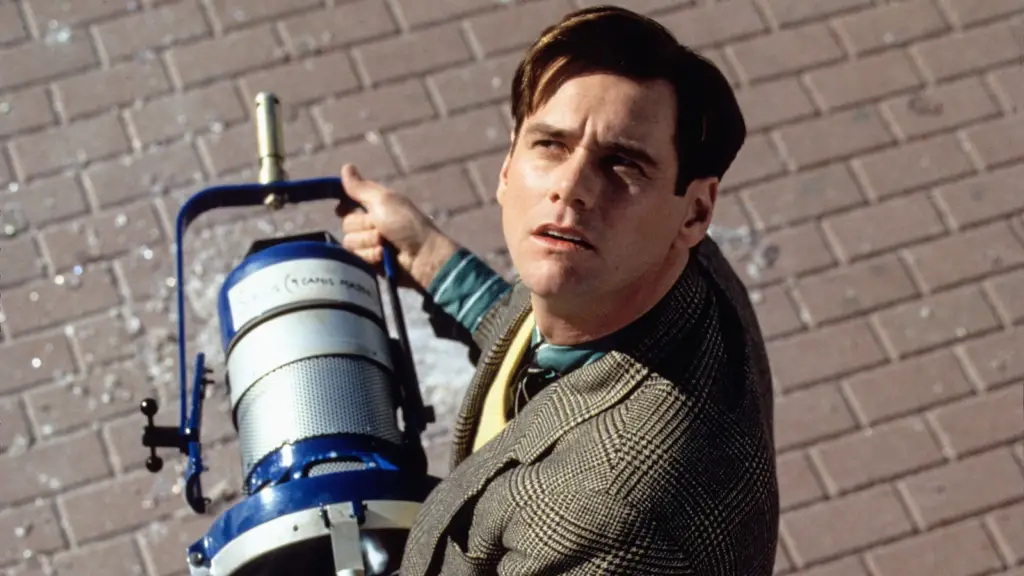
Authenticity and Societal Pressures
The pressure to conform shapes not just Truman’s life, but also serves as a mirror reflecting our own experiences in society. The film invites us to reflect on how much of our identities are dictated by societal norms and expectations. In a culture rife with social media constructs and curated lives, the question of authenticity becomes especially poignant. Are we performing for an audience, much like Truman, or are we genuinely pursuing our own paths?
The psychological implications of this quest for authenticity are multifaceted. They include the anxiety of living up to expectations, the fear of rejection, and the courage it takes to embrace one’s true self. Truman’s eventual rebellion against his scripted life encourages viewers to contemplate the value of authenticity and the necessity of self-discovery amidst overwhelming external influences. In seeking to unravel the meaning behind The Truman Show, we encounter a rich dialogue about identity that resonates with our own lives.
Psychological Manipulation: The Ethics of Surveillance and Control
The Illusion of Choice
In The Truman Show, Truman Burbank lives an idyllic life, yet he is entirely unaware that his reality is meticulously crafted by a production team. This highlights a critical aspect of psychological manipulation: the creation of an environment where the subject believes they have autonomy. Although Truman makes choices, every decision is influenced by external forces, underlining the significant ethical implications of manipulation.
By controlling his environment, the show’s creators strip away Truman’s freedom, illustrating how surveillance can distort an individual’s perception of reality. The viewer is left to ponder: to what extent do we influence others under the guise of choice? This raises deeper questions about personal autonomy in a world dominated by social media, advertising, and even government control. The Truman Show meaning evolves as we reconsider the extent of our own freedoms amid constant observation.

The Nature of Reality in a Controlled Setting
The very nature of reality is scrutinized as Truman’s world unfolds. Society often draws lines between reality and illusion, yet when every aspect of one’s life is monitored and controlled, these lines blur significantly. The ethics of surveillance come into sharp focus as Truman grapples with the realization that his entire existence is scripted.
As viewers, we become complicit in the voyeurism that fuels Truman’s life—an unsettling reflection on our consumption of media. This question of ethical responsibility leads to broader reflections on how surveillance impacts mental health. Living under constant scrutiny can warp a person’s sense of self and lead to profound psychological consequences.
In our current digital age, the phenomenon illustrated in the film resonates even more. With social platforms tracking user behavior, one can’t help but wonder if we have created our own version of “The Truman Show.” Each click and like is monitored, creating an experience designed to manipulate our choices and preferences. This poignant parallel raises ethical considerations that are hard to ignore.
The Role of the Creator
At the heart of this psychological manipulation is Christof, the show’s creator, who embodies the role of the manipulator. His vision of a perfect world for Truman is deeply flawed, as it prioritizes entertainment over ethical considerations. The ethics of control become increasingly questionable when one considers the emotional and psychological trauma inflicted on Truman, who is unaware of his status as a mere pawn in Christof’s grand design.
Christof’s actions prompt the audience to confront uncomfortable truths about authority and governance. Are creators, leaders, or those in positions of power justified in their manipulation of others in the name of a greater good? The compulsion to monitor and control is rooted in a desire to craft an ideal narrative, but at what cost? The clash between freedom and control in The Truman Show invites us to reflect upon our own world, where similar dynamics play out daily, unveiling the complexities of the psychological landscape we navigate.

Visual Narrative Techniques: Creating a World of Fabricated Reality
The Use of Framing and Composition
In The Truman Show, visual narrative techniques play a crucial role in creating a sense of both familiarity and confinement. The filmmakers utilize framing and composition to immerse viewers in Truman’s world, subtly reinforcing the concept of the fabricated reality that surrounds him. The use of tight frames often contains Truman within the boundaries of his environment, highlighting his lack of escape.
Moreover, the visual composition frequently employs symmetry and orderly arrangements, echoing the artificial nature of Seahaven Island. These technical decisions not only engage the audience but also serve to illustrate the psychological manipulation at play. Each meticulously crafted scene emphasizes how Truman’s life is curated for entertainment, further deepening the The Truman Show meaning.
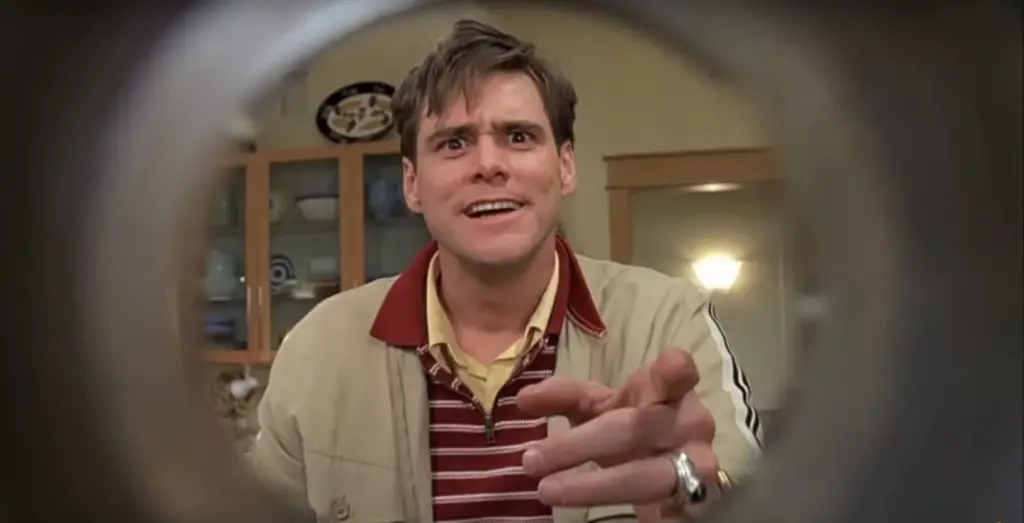
Color Palette: Emphasizing Artificiality
Color plays a significant role in establishing the tone and texture of Truman’s fabricated reality. The warm, vibrant hues dominate the landscape of Seahaven, creating an idyllic atmosphere that masks the underlying deceit. This use of color serves a dual purpose: it is visually appealing and enhances the sense of an idealistic community, while simultaneously drawing attention to the unnaturalness of Truman’s existence.
By juxtaposing bright colors in moments of orchestration against more muted tones during Truman’s moments of clarity, the film illustrates his internal struggle. This dynamic highlights how the visually appealing facade is intricately tied to his emotional and psychological state. Thus, the color palette becomes a powerful storytelling device, emphasizing the dissonance between Truman’s perceived reality and actual truth.
The Role of Camera Movement
Camera movement in The Truman Show adds a layer of complexity to the narrative by guiding the audience’s perception of reality. The use of handheld cameras during moments of intimate revelation creates an uneasy closeness, implicating viewers in the voyeuristic exercise of watching Truman’s life unfold. This technique invites the audience to feel complicit in the orchestrated nature of his existence.
Conversely, the use of smooth, controlled camera movements reflects the sterile environment around Truman, reinforcing the synthetic quality of his surroundings. When the camera zooms in on Truman’s expressions of confusion or doubt, it provides insight into his psychological state, fostering a deeper understanding of the unraveling The Truman Show meaning. The deliberate juxtaposition of both styles cultivates a tension that underscores the film’s philosophical exploration of reality perception and authenticity.
Books That Echo The Truman Show: Expanding Your Perspective
Exploring the themes of reality, perception, and existentialism present in The Truman Show can be further enriched by delving into these thought-provoking books. Each work captures aspects of the psychological illusions of reality, mirroring the film’s exploration of truth and the human condition.
1984 by George Orwell presents a dystopian vision where the state controls every facet of life, manipulating truth and reality to maintain power. Through the experiences of Winston Smith, readers question the nature of freedom and the realities constructed by authority.
Buy 1984 here
The Allegory of the Cave by Plato is a philosophical text that explores the distinction between the perceived world and the true reality. Through the metaphor of prisoners in a cave who can only see shadows, Plato challenges readers to contemplate what is real and encourages the pursuit of knowledge beyond mere appearances.
Buy The Allegory of the Cave here
The Unbearable Lightness of Being by Milan Kundera delves into the complexities of human existence and the weight of choices. The novel juxtaposes the lightness and burden of life decisions, much like Truman’s quest for authenticity amidst the constraints of his orchestrated existence.
Buy The Unbearable Lightness of Being here
Simulacra and Simulation by Jean Baudrillard critically examines the relationship between reality and representations, suggesting that in a media-saturated world, simulations replace genuine reality. This conceptual framework resonates with the manufactured world Truman inhabits, prompting readers to reconsider their own perceptions of reality.
Buy Simulacra and Simulation here
The Society of the Spectacle by Guy Debord critiques modern society where life is mediated by images and spectacles, leading to a disconnection from authentic experiences. Debord’s insights mirror Truman’s life as a spectacle, inviting readers to reflect on the impact of media on personal identity and existence.
Buy The Society of the Spectacle here
Conclusion: Reflecting on the Meaning of The Truman Show
In exploring The Truman Show meaning, we dive deep into the intricate layers of reality versus illusion. The film challenges us to reflect on our own lives and the choices we make. Are we truly living authentically, or are we merely actors in a predetermined script?
As we navigate through the themes of free will, identity, and psychological manipulation, we come to understand that the search for authenticity is fundamental to our human experience. The Truman Show serves as a powerful reminder of the importance of questioning the realities we inhabit and the societal structures that shape our perceptions.
Ultimately, it invites us to break free from the confines of our own “Truman Show” and seek a life that is genuinely ours, rich with meaning and autonomy.
Take a look at all our in-depth reviews here.

